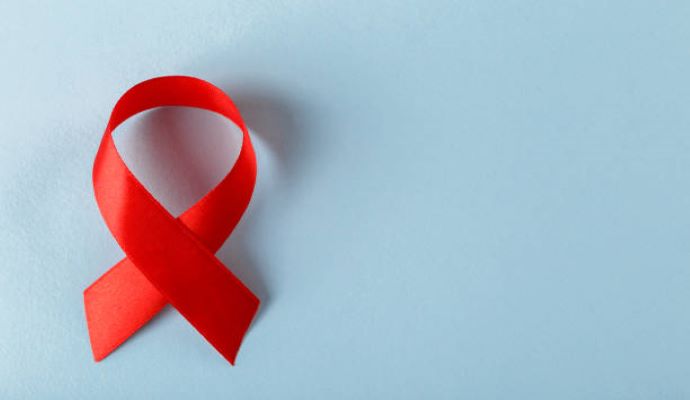NIH-Developed Antibodies Neutralize HIV in Animal Studies
A proof-of-concept animal study on rhesus macaques proved that an NIH-developed antibody can protect against various strains of HIV.

Source: Getty Images
- On January 17, 2024, the National Institutes of Health (NIH) issued a media advisory announcing the results of a proof-of-concept identifying three antibodies that protect against various human immunodeficiency virus (HIV) strains. The study results were published in an article by Science Translational Medicine.
Led by investigators at the Vaccine Research Center (VRC) at the National Institute of Allergy and Infectious Diseases (NIAID), the study evaluated three antibodies, including one human broadly neutralizing antibody and two antibodies isolated from vaccinated monkeys.
These antibodies neutralize HIV strains in vitro by attacking the fusion peptide, which, in normal circumstances, is a surface protein used by the HIV to attach and integrate into human cells.
The first antibody, VRC34.01, is a fusion peptide-directed human antibody isolated from people with HIV. The remaining two antibodies were derived from vaccinated rhesus macaques to generate similar antibodies.
As part of the proof-of-concept study, researchers divided the rhesus macaques into four experimental groups and a placebo group. The experimental groups received either one of the vaccine-derived monkey antibodies, 2.5 mg/kg of body weight of VRC34.01, or 10 mg/kg of body weight of VRC34.01.
Within five days of administration, the animals were exposed to a strain of simian-HIV (SHIV).
While all of the animals in the placebo group acquired SHIV, none of the subjects given either dose of the VRC34.01 were infected. Additionally, the DFPH-a.15 antibody, one of the ones derived from rhesus macaques, prevented SHIV. Conversely, the other rhesus macaques-derived antibody, DF1W-a.01, offered less protection, with 25% of patients infected.
“According to the authors, these findings represent the proof-of-concept that fusion peptide-directed antibodies can provide protection against SHIV and help determine the concentration of antibodies a vaccine would need to generate to be protective,” noted the NIH in the press release.
Although more research is needed to confirm the findings in this study, researchers are hopeful that these insights will add to the growing arsenal of information on HIV and promising treatment options.
